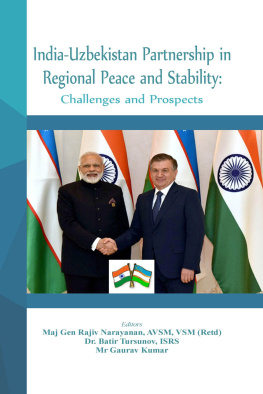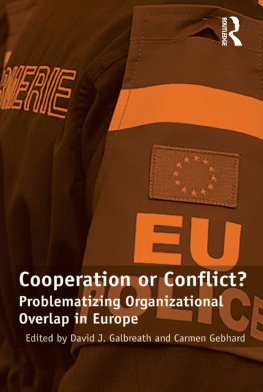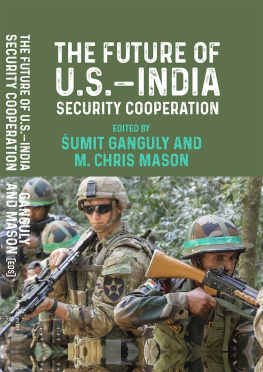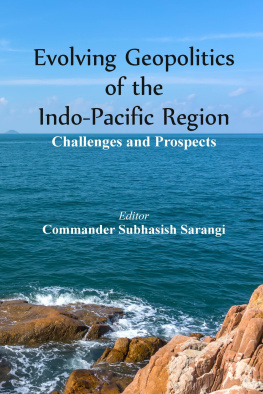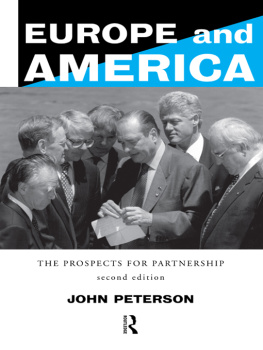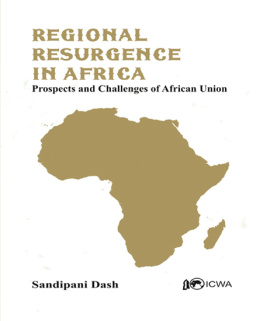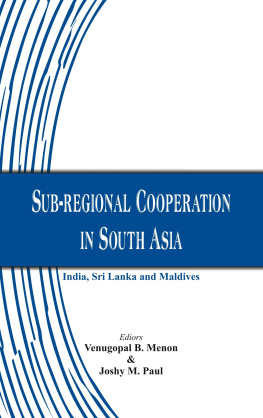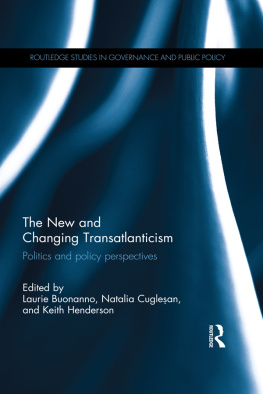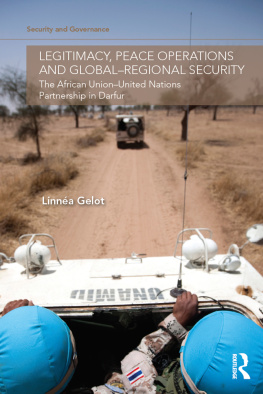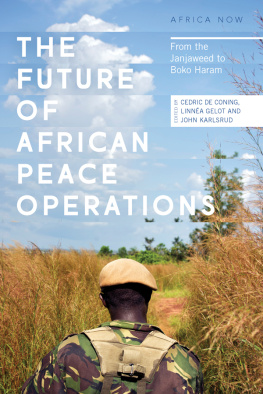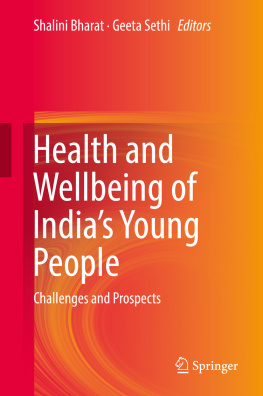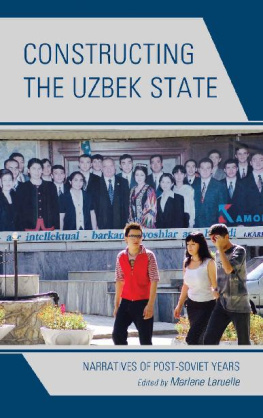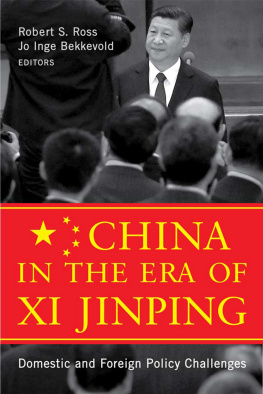INDIA-UZBEKISTAN
PARTNERSHIP IN REGIONAL
PEACE AND STABILITY:
CHALLENGES AND PROSPECTS
INDIA-UZBEKISTAN
PARTNERSHIP IN REGIONAL
PEACE AND STABILITY:
CHALLENGES AND PROSPECTS
Editors
Maj Gen Rajiv Narayanan, AVSM, VSM (Retired),
Dr. Batir Tursunov, ISRS
&
Mr Gaurav Kumar
United Service Institution of India
New Delhi
Vij Books India Pvt Ltd
New Delhi (India)
Published by
Vij Books India Pvt Ltd
(Publishers, Distributors & Importers)
2/19, Ansari Road
Delhi 110 002
Phones: 91-11-43596460, 91-11-47340674
Fax: 91-11-47340674
e-mail:
Copyright 2018, United Service Institution of India, New Delhi
ISBN: 978-93-88161-16-9 (Hardback)
All rights reserved.
No part of this book may be reproduced, stored in a retrieval system, transmitted or utilised
in any form or by any means, electronic, mechanical, photocopying, recording or otherwise,
without the prior permission of the copyright owner. Application for such permission
should be addressed to the publisher.
India and Uzbekistans relations are deeply rooted in ancient history. There are many references to this region in Indias ancient texts; the Sakas, the rulers of this region are supposed to have participated in the epic battles of Mahabharata in India during the ancient times. The Uttarpath, or the Northern Trade Route, connected India to the fabled Silk Route via Uzbekistan. The towns of Samarkand, Bukhara, Fergana emerged as major trading centres and provided India with land connectivity to China and Europe.
The colonial period, however, saw the disruption of these ancient linkages and a Great Game unfolded in Afghanistan between the British and the Russian Empires. After the independence of India, it maintained close interactions with the Uzbek Soviet Socialist Republic during the Soviet Union times; however the lack of connectivity was even then a severe constraint. Tashkent is entrenched in the contemporary Indian minds, being associated with the Tashkent Declaration of 1966 the peace accord between India and Pakistan after the 1965 War, and the sad demise of Indias then Prime Minister, Shri Lal Bahadur Shastri, on 11 Jan 1966 immediately after the accord was signed.
The descent of Afghanistan into chaos since the Soviet invasion in 1979 and the US Pakistan counter to it, the rise of extremism under the Taliban and Al Qaeda, the US intervention post 9/11 and the emergence of many extremist factions has had a major impact on the security and the geo-strategic dynamics of Central and South Asia. The economic growth potential of both the regions, post the independence of the Central Asian nations, has been severely hampered on account of this factor. An additional constraint has been the strained relations between USA and Iran ever since the overthrow of the Shah of Iran. Of late this relationship has turned very acrimonious with the USA unilaterally walking out of the Nuclear Deal that was reached on 02 April 2015 between the P5 of UN plus Germany and Iran.
Within Central Asia, Uzbekistan occupies a central location sharing borders with the other four nations and providing connectivity to Central Asia with both Afghanistan and Iran veritably the Heart of Central Asia. After years of intra-regional disregard President Shavkat Mirziyoyevs outreach in the region has had a positive impact on the inter-state relations. It also provides an impetus to Indias Connect Central Asia Policy, as enunciated in Jun 2012. This augurs well for the stability, security and development of the larger neighbourhood encompassing, Central and South Asia, Afghanistan and Iran.
The current geo-strategic flux that has created strategic uncertainties, however also throws up opportunities for both India and Uzbekistan to work together for regional peace and stability. This book is thus a timely effort by scholars and experts form the United Service Institution (USI) of India and the Institute for Strategic and Regional Studies (ISRS), under the President of Uzbekistan, in this regard. It would provide a good foundation for the other neighbouring countries to jointly overcome such challenges.
For millennia, close cultural and civilisational ties united Uzbekistan and India. Despite the various vicissitudes and difficult periods in history, as well as the relative geographical distance from each other, the peoples of our countries have maintained special friendly relations based on the commonality and similarity of unique cultures, centuries-old traditions, sustainable spiritual value and world view orientations.
Moreover, Uzbekistan and India are united by the fact that both countries have entered a qualitatively new period of their comprehensive development and demonstrate high rates of economic growth. Such dynamic processes in these states become system factors that will largely determine the trajectory of deep structural changes in Central and South Asia, respectively.
On the other hand, Uzbekistan and India are pursuing an active, open and peaceful foreign policy aimed at strengthening stability in Central and South Asia and the world at large. Surely, strategic prospects of not only Uzbek-Indian relations, but also the future of cooperation between the two key regions of the vast Eurasian space, are directly related to solution of urgent problems of regional security.
All of the above, without any exaggeration, allows us today, in the era of ambiguous processes of globalisation and transformation of the modern world order, to look with great optimism in the future of Uzbek-Indian relations. It is this idea that is the quintessence of our joint research project India-Uzbekistan partnership in regional peace and stability: challenges and prospects.
Leading specialists of the Institute for Strategic and Regional Studies under the President of the Republic of Uzbekistan and the United Service Institution of India have taken part in the preparation of this book. In their analytical articles, the authors have presented their own vision of the past, present and future of Uzbek-Indian relations in the face of the persistent acute problems of regional security in Central Asia and Afghanistan.
In my opinion, an attempt of joint intellectual reflection on the urgent issues of regional security and development in Central Asia, directly or indirectly affecting the interests of Uzbekistan and India, is more relevant and timely than ever. What is it caused by?
First, active regional diplomacy of the Indian government can give a new dynamism to Indias Connect Central Asia Policy. In 2016 Prime Minister Narendra Modi visited all countries of the region, which became a landmark event in the newest history of the Indian-Central Asian relations. Moreover, full membership in the Shanghai Cooperation Organisation opens strategic opportunities for India to enhance the effectiveness of bilateral and multilateral cooperation with the countries of Central Asia.
Second, the new political reality in Central Asia, which became possible due to the active regional policy of the President Shavkat Mirziyoyev. Deep positive changes in the interstate relations of the Central Asian countries, achieved in an unprecedentedly short period of time, have created favorable conditions for the progressive development of not only intra-regional cooperation, but also the intensification of their interaction with international partners, including India.

